Humans differ from all other organisms on the world in their ability to imagine and feel emotions with a deep comprehension. We behave in different ways depending on the situation, and different scenarios treat us in different ways. When we consider a specific scenario, our thoughts or sentiments can have an emotional impact on us. It’s tragic how psychological traumas were overlooked in the past. People began to handle emotional disorders as a result of the invention of new technology and increased awareness. Counselling is a talking treatment that encourages people to talk about their problems with the objective of eventually solving them.
A counsellor is a professionally qualified specialist who, after a series of sessions, assists people in overcoming their problems. Counselling takes many forms, depending on the needs of the clients.
Counselling is a talking therapy that allows people to talk about their issues with qualified specialists in a calm and comfortable environment. Counselling can mean different things to different people. But, in general, it is a process in which you talk about your problems in detail, either with the goal of resolving them or to fully examine your thoughts.
A counselor’s responsibility isn’t limited to advising you on what to do. Rather, they encourage you to talk about your problems in detail in order to pinpoint the root reason. They also create an action plan to assist you deal with or overcome the problem.
When a person needs counselling, he or she is dealing with a severe problem, such as mental health concerns, emotional issues, or familial issues. The process isn’t rushed; rather, it’s a thorough examination that comprises a detailed procedure.
The way we think, feel, and act is referred to as mental health. It’s crucial to our entire well-being.
If you or someone you know is suffering from the following symptoms, you can get help:
- stress
- anxiety
- depression
- family or gender-based violence
- mental illness
- addiction or substance use problems
- any other mental health problem
Many people seeking shelter in Canada have been victims of war, violence, torture, or other forms of trauma. Some persons who have been through a traumatic event may also have:
- Fear of authority
- Problems trusting other people
- Memory loss
- Depression and anxiety
It may be challenging to start a new life in Canada. Communication with government authorities or other people may be tough. Counselling may be of use to you.
Get help with a mental health crisis
Please seek help if you or someone you know is experiencing a mental health crisis.
- contact your doctor
- go to your nearest hospital
- call a local crisis line
- Look for resources at your local service provider
When relocating to Canada, seek assistance in maintaining your mental health and well-being.
Getting settled in a new place may be both exciting and difficult. Settlement service companies can provide assistance in the following areas:
- supplying information about your community
- connecting you with people in your community that can assist you with your transition
- non-clinical mental health and well-being assistance
- pointing you in the direction of community health services
Family and gender-based violence
Everyone has the right to live in a peaceful environment free of violence. Many people in Canada endure violence on a daily basis as a result of their race.
- gender
- gender expression
- gender identity
- perceived gender
Gender-based violence is a human rights violation.
Any form of abuse that adults or children endure in their families or homes is referred to as family violence.
There are crisis lines in every province and territory in Canada for people who are facing family or gender-based violence.
- Contact a crisis line near you.
- Get help for sponsored spouses or partners.
Mental health organizations in Canada
- Mental Health Commission of Canada (MHCC)
- Canadian Mental Health Association (CMHA)
- Canadian Centre on Substance Use and Addiction (CCSA)
- Centre for Addiction and Mental Health (CAMH)
- Multicultural Mental Health Resource Centre (MMHRC)
For more information on “Where can a Refugee go for Counselling?”, please contact Simply Align Rehab Physio in Scarborough/Toronto at simplyalignrehab.com, or phone or text us at (416) 628-8554 for your Physiotherapy or Chiropractor needs in Toronto.
